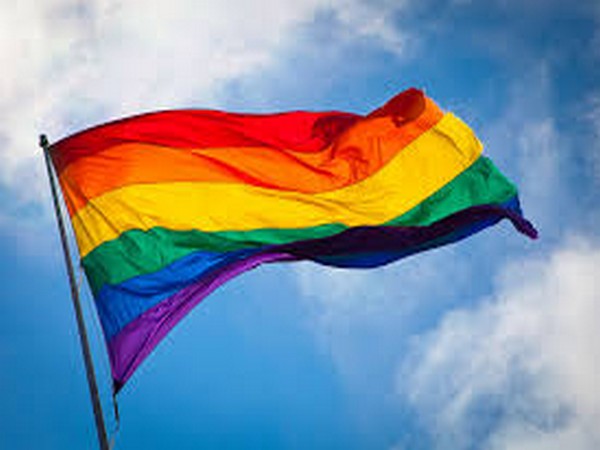UN expert urges Cambodia to recognise LGBT families to ensure social integration
Victor Madrigal-Borloz, UN Independent Expert on protection against violence and discrimination based on sexual orientation and gender identity, presented his conclusions at the end of a 10-day visit to Phnom Penh, Siem Reap and Battambang.

Cambodia is poised to make strides toward full integration of LGBT persons in all social sectors, effectively protecting them from violence and discrimination, a UN expert said today, urging authorities to legally recognise LGBT families to ensure social integration.
Victor Madrigal-Borloz, UN Independent Expert on protection against violence and discrimination based on sexual orientation and gender identity, presented his conclusions at the end of a 10-day visit to Phnom Penh, Siem Reap and Battambang.
“Without exception, State agents with whom I held conversations acknowledged that diversity in sexual orientation and gender identity was a trait inherent to humankind, and that all Cambodian citizens, including members of the LGBT community, were valued members of society who have the right to live in freedom and equality,” Madrigal-Borloz said.
“Before and during my visit I did not receive any information of massive or systematic physical violence against the people with whom I spoke, or persons known by them. I also note that Cambodia does not have legislation that explicitly criminalises sexual orientation or gender identity. This gave me an encouraging point of departure,” the UN expert said.
In Cambodia, Madrigal-Borloz met with representatives of the State at the national and provincial levels, civil society organisations and over 100 LGBT persons who shared their life experiences with him.
The evidence presented to the independent expert led him to conclude that violence and discrimination against LGBT persons originate in the family sphere, and spills over to life in school, work and when accessing health services. The absence of data creates great challenges in the analysis of the challenges faced by LGBT persons, and the design and implementation of measures to address them. Madrigal-Borloz recommended the adoption of a series of measures, including surveys and data collection, and highlighted that full participation of concerned communities and civil society organisations in the design, implementation and evaluation of public policy is an indispensable part of these measures.
The testimonies received by the UN expert highlighted that, in the Cambodian context, the local communities have identified legal recognition of their families as the key to unlocking many of the advantages of social inclusion. This bears specific relation to deeply cherished values that reinforce family bonds and intergenerational respect and solidarity as part of the recognition of self-worth and social responsibility.
“I encourage the State to make swift progress on this agenda, advanced by Cambodian communities with clear point of reference in the realities of their lives and needs, guided by the three principal commitments that Cambodia is considering since 2019: the recognition of LGBT families through the legal recognition of same-sex marriage, the legal recognition of gender identity, and the adoption of comprehensive anti-discrimination legislation,” Madrigal-Borloz said.
- READ MORE ON:
- LGBT
- Cambodia
- Victor Madrigal-Borloz










